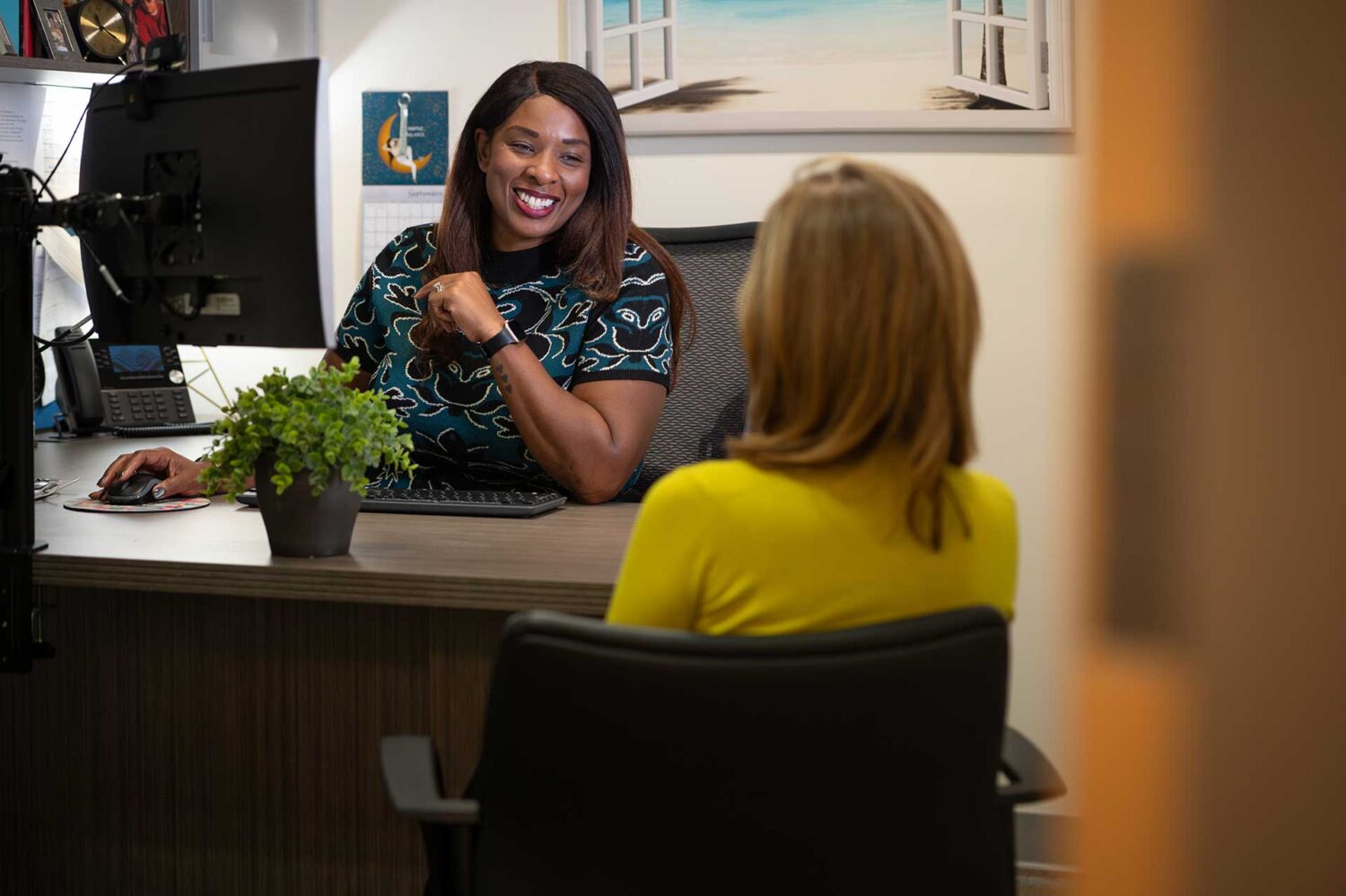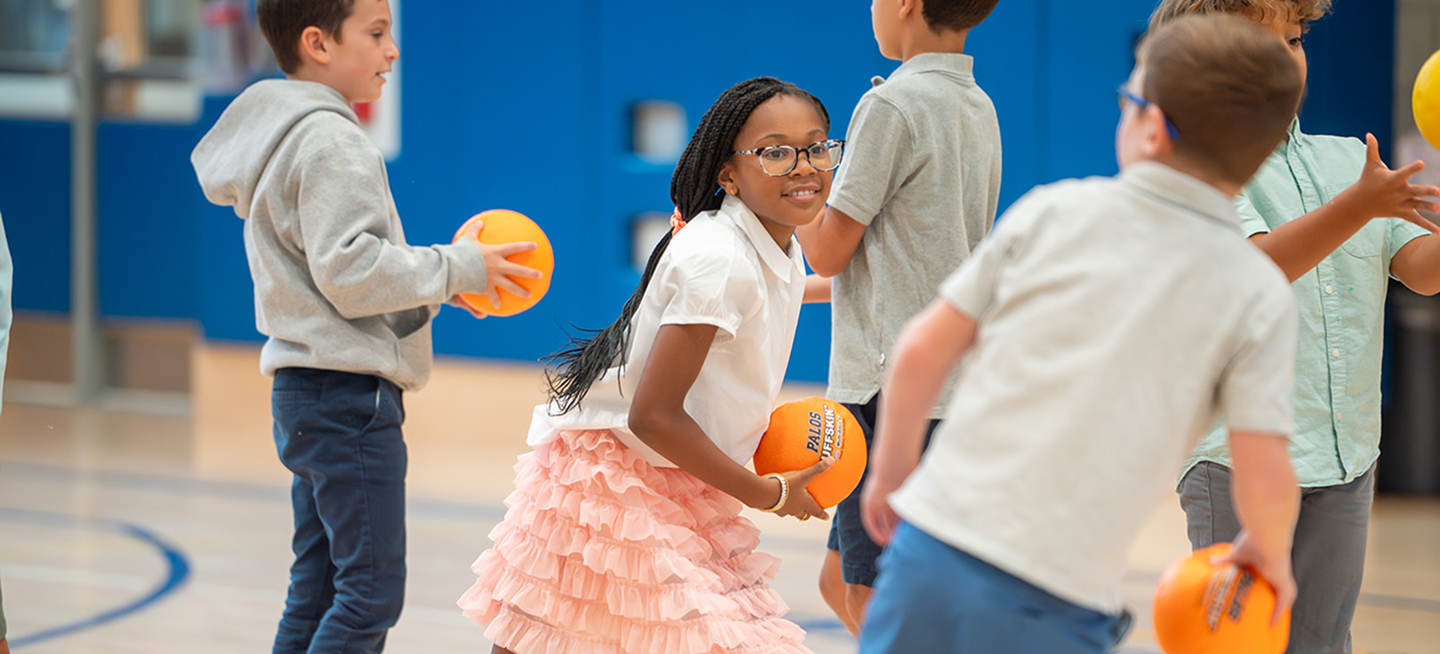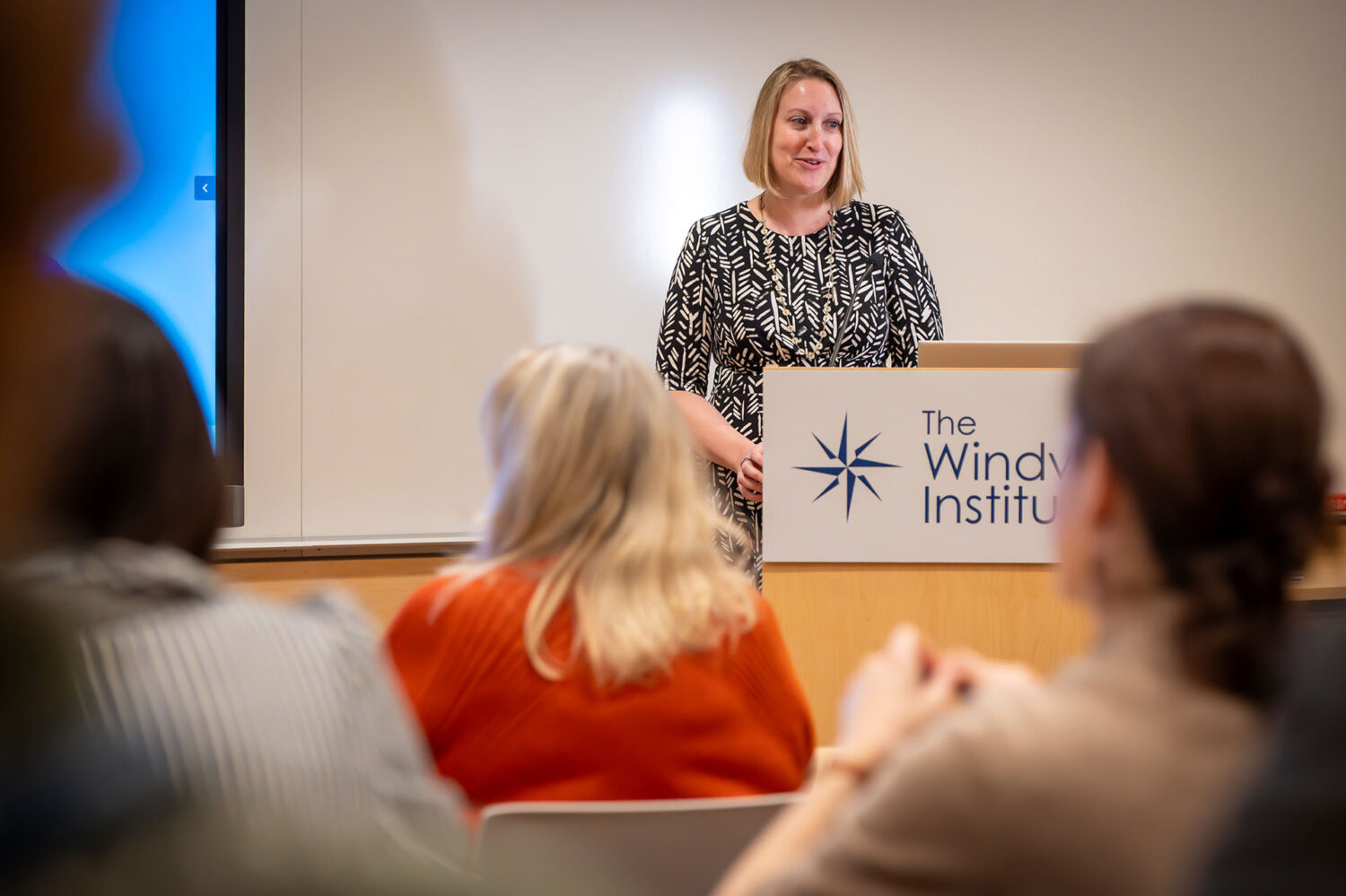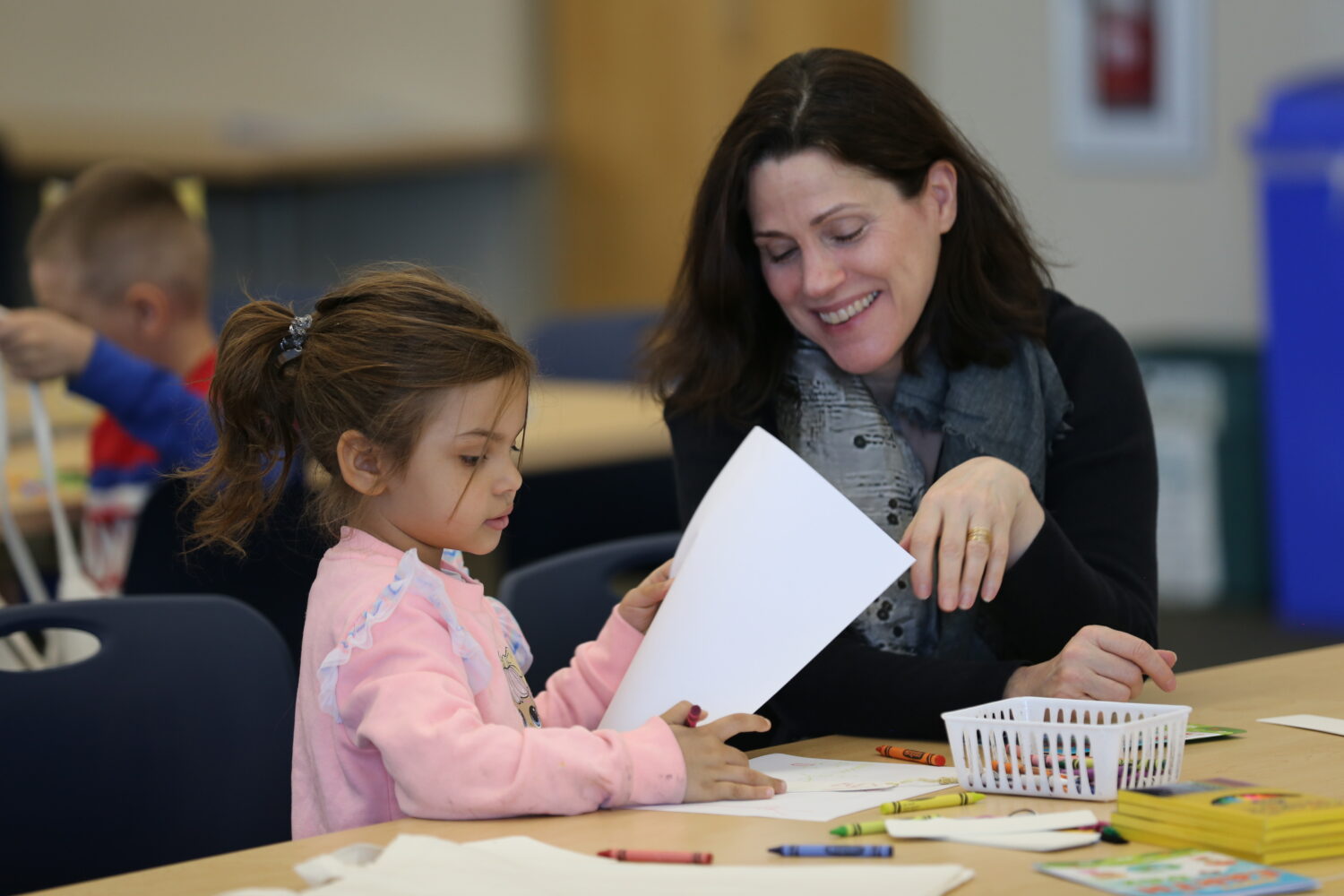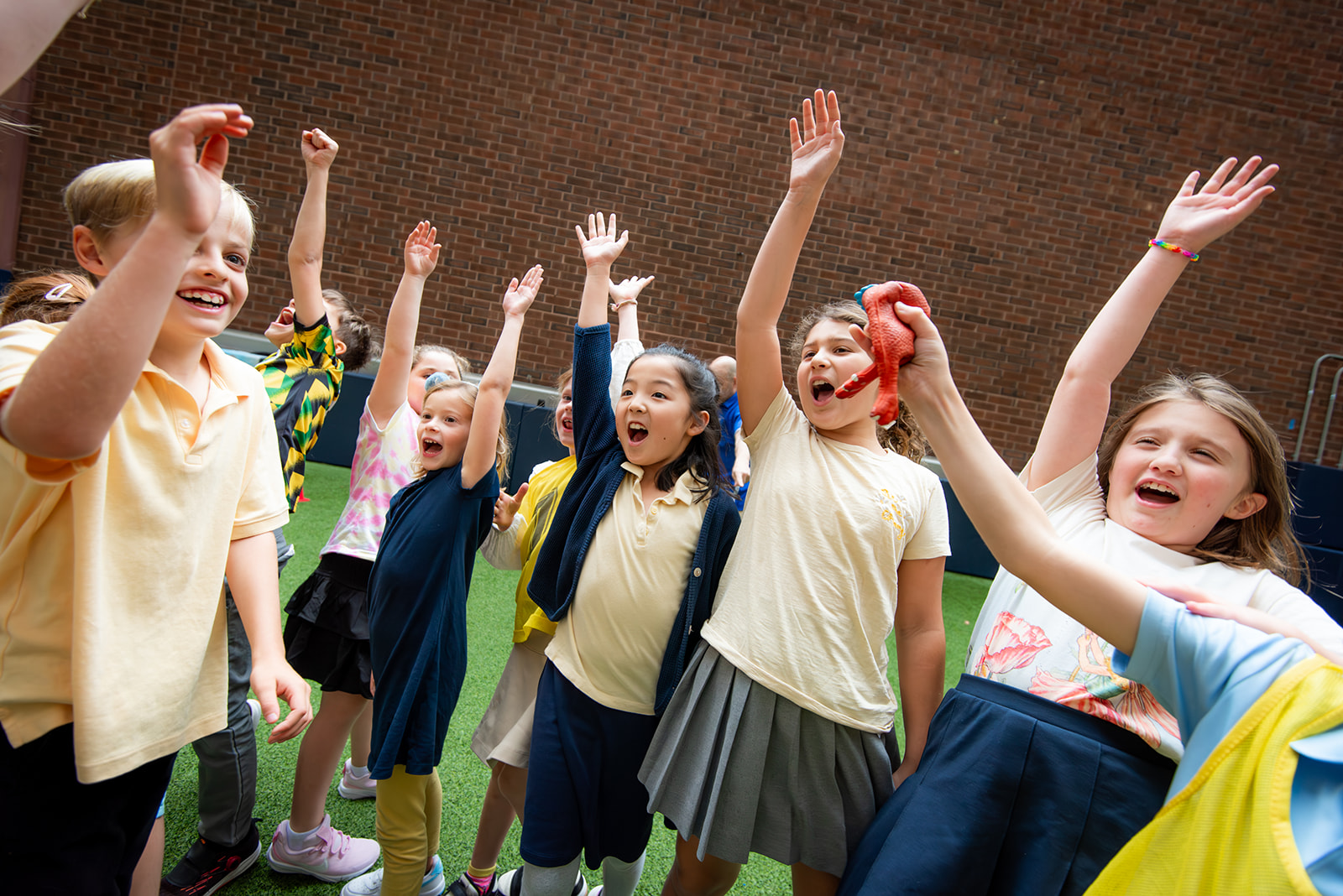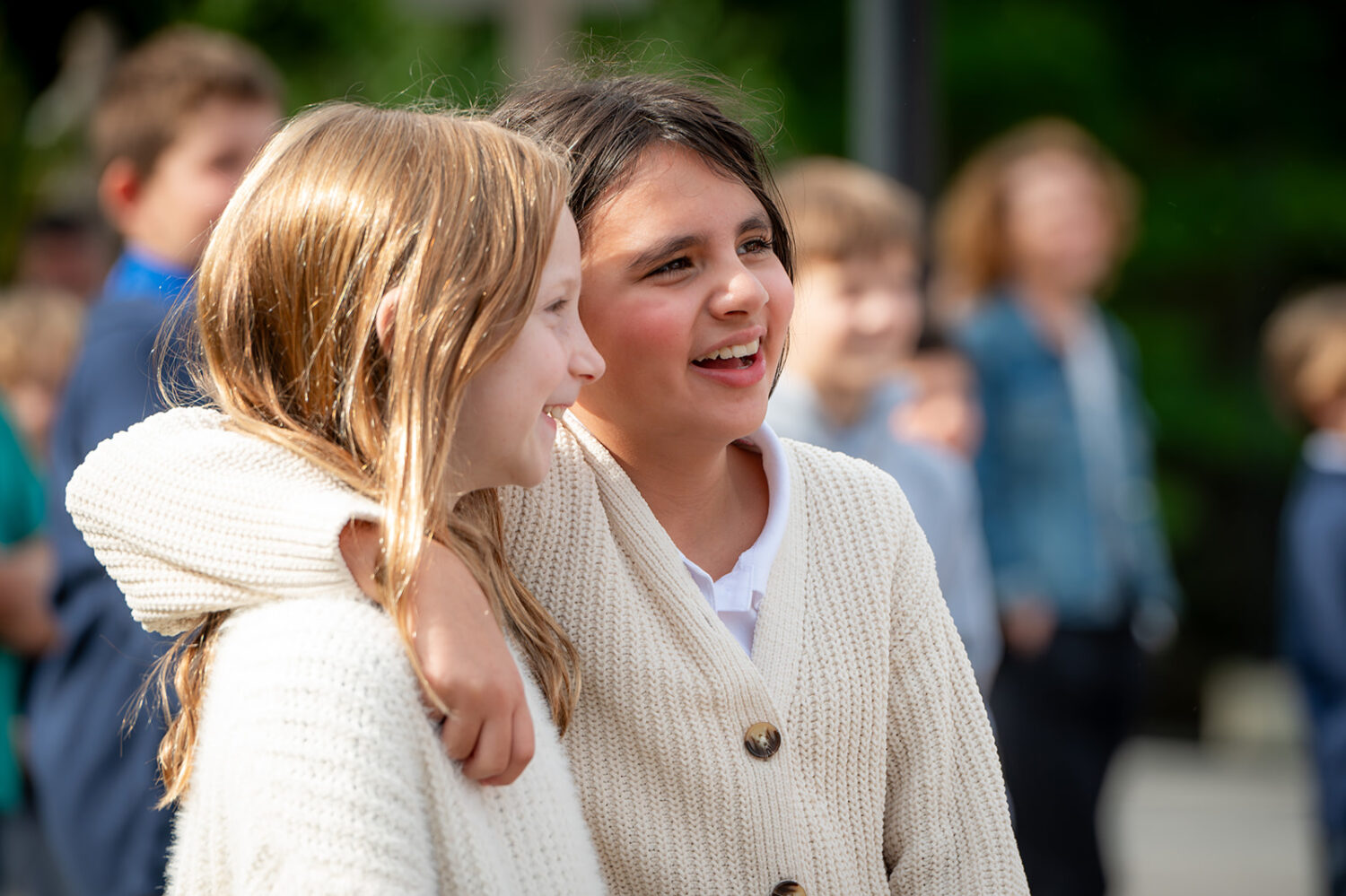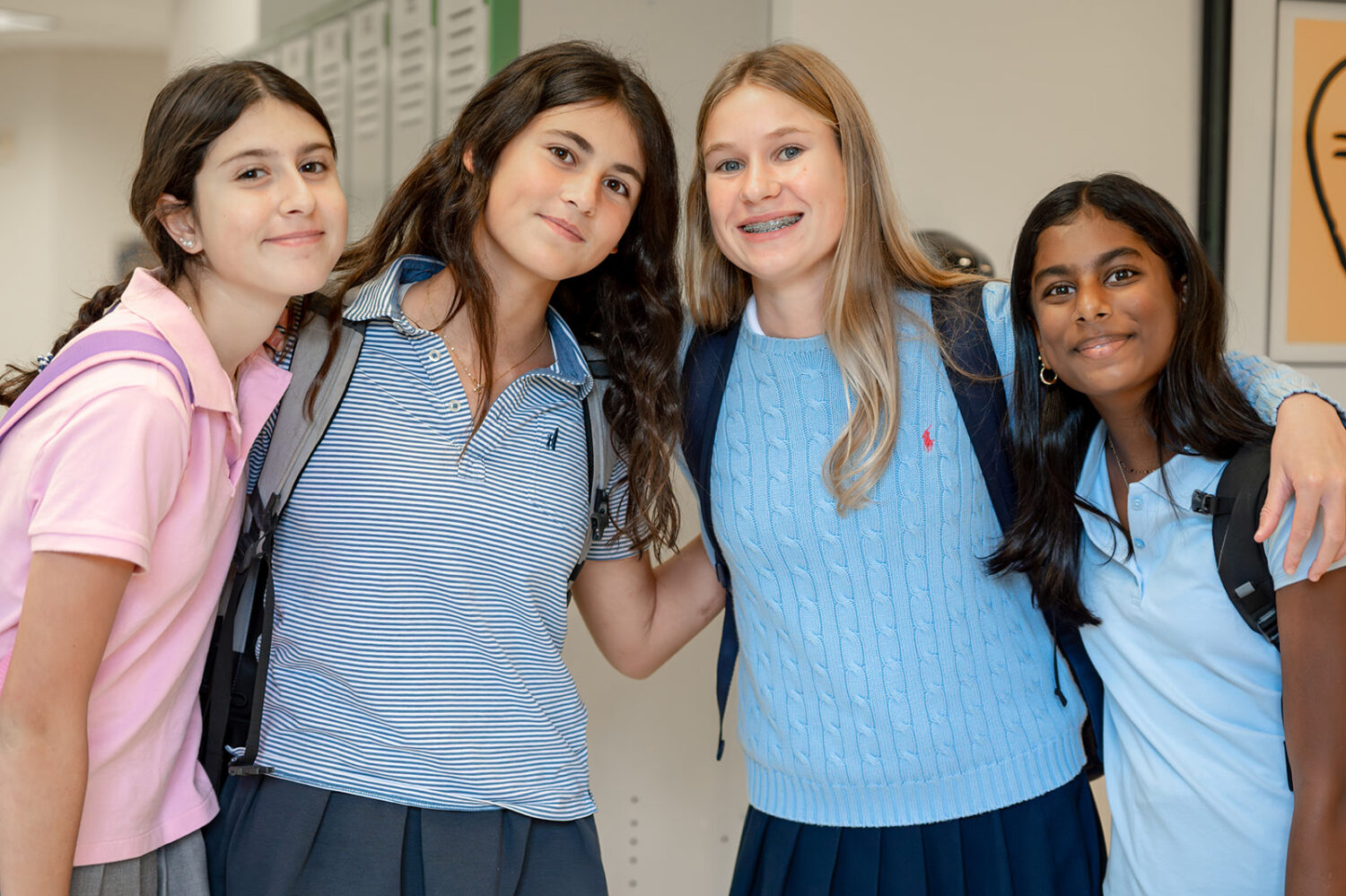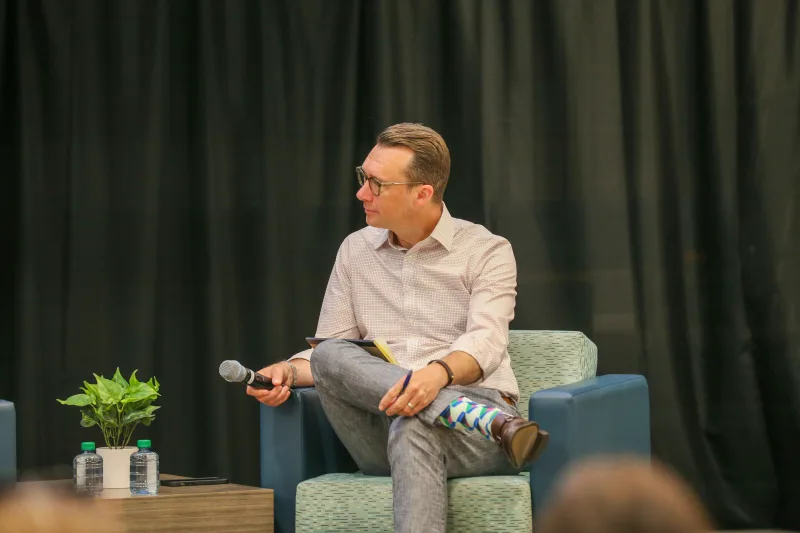The brain is a social organ. At any given moment, we have the ability to expand the brain to a state of memory retention; to strengthen, adapt, and grow our neural networks; even to change the
actual physical and chemical nature of our brains. How this process unfolds depends largely on our mindset and on how we are impacted by our environment. The concept of neuroplasticity—the ability to change over time and through experiences—is nothing new. But in recent years, neuroscientists have discovered how adaptable our brains truly are and how these insights reveal the interconnectedness of all areas of child
development. What we have learned is that the context of our environment signals reactions in the brain, such as sending cues that we can move toward others with trust, with openness, with a strong sense of psychological safety. This is the foundation of the Windward program: removing barriers to empower our
students to grow not only as learners but also as people. Just as we infuse rich language instruction in all
classes and activities, we know that social and emotional learning are embedded in every message and
interaction students have at school, and it is our responsibility at Windward to approach these opportunities with intention and evidence-based practices. Arguably, it is this learning, based on five core competencies promoted by the Collaborative for Academic, Social, and Emotional Learning (CASEL), that is critical to academic success: self-awareness, self management, responsible decision making, social awareness, and relationship skills. In addressing our framework for student support, Coordinator of Student Support and Social Emotional Learning Dr. Anna Weiser allows one overarching question to guide her
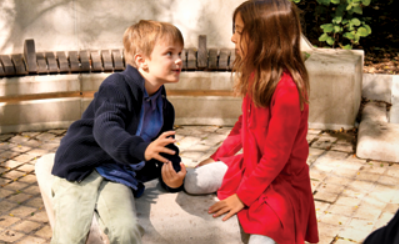
“HOW CAN WE THOUGHTFULLY CREATE
ENVIRONMENTS TO LEVERAGE THE BRAIN’S
ABILITY TO GROW AND THRIVE IN A STATE
OF EXPANSIVE LEARNING?”
At Windward, we accomplish this through a
combination of providing a comprehensive social
and emotional learning curriculum; collaborating
with faculty members to support students in real
time; offering short-term, solution-based counseling
for students; and partnering with parents/guardians
and external providers.
Our multi-pronged, research-based approach
promotes wellness by helping students
- learn the correct vocabulary so they can express
themselves; - understand how to identify and manage their
emotions; - cultivate positive coping skills;
- develop friendships and navigate social situations,
including through conflict resolution; - understand how they learn;
- express empathy for others;
- learn how to self-advocate;
- boost their confidence and self-esteem; and
- gain the tools they need to succeed socially and
academically in a mainstream environment.
Ultimately, adopting a growth mindset is the
cornerstone of students’ academic, emotional,
and social development, and it is this mindset that
is key in wiring the brain to harness its boundless
potential.
DR. ANNA WEISER
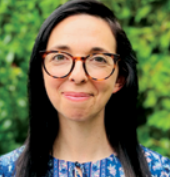
Dr. Weiser’s role is critical to ensuring that we are meeting the needs of our students in order to allow them
to thrive academically, socially, and emotionally. While each Student Support Team continues to be dedicated to their assigned division, the teams work together to develop programming, to respond to acute community needs, and to ensure that we remain one school in our approach to supporting the social emotional learning of Windward students. The Coordinator of Student Support and SEL serves as a resource to meet these objectives for the students as well as the larger school community. Dr. Weiser is present on all three campuses to work with the daily needs of each Student Support Team, and she is also charged with ensuring
that we are always serving the mission of The Windward School as our SEL program evolves, driven by research-based practices from the field of child development.


